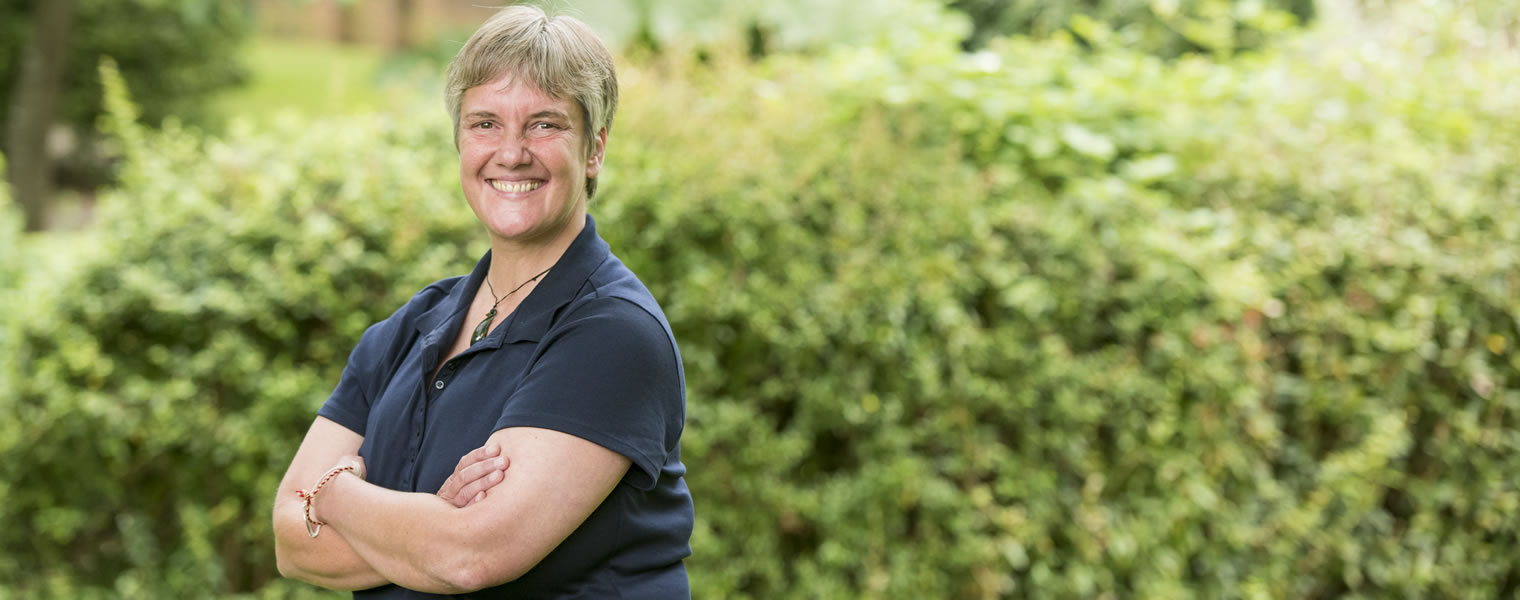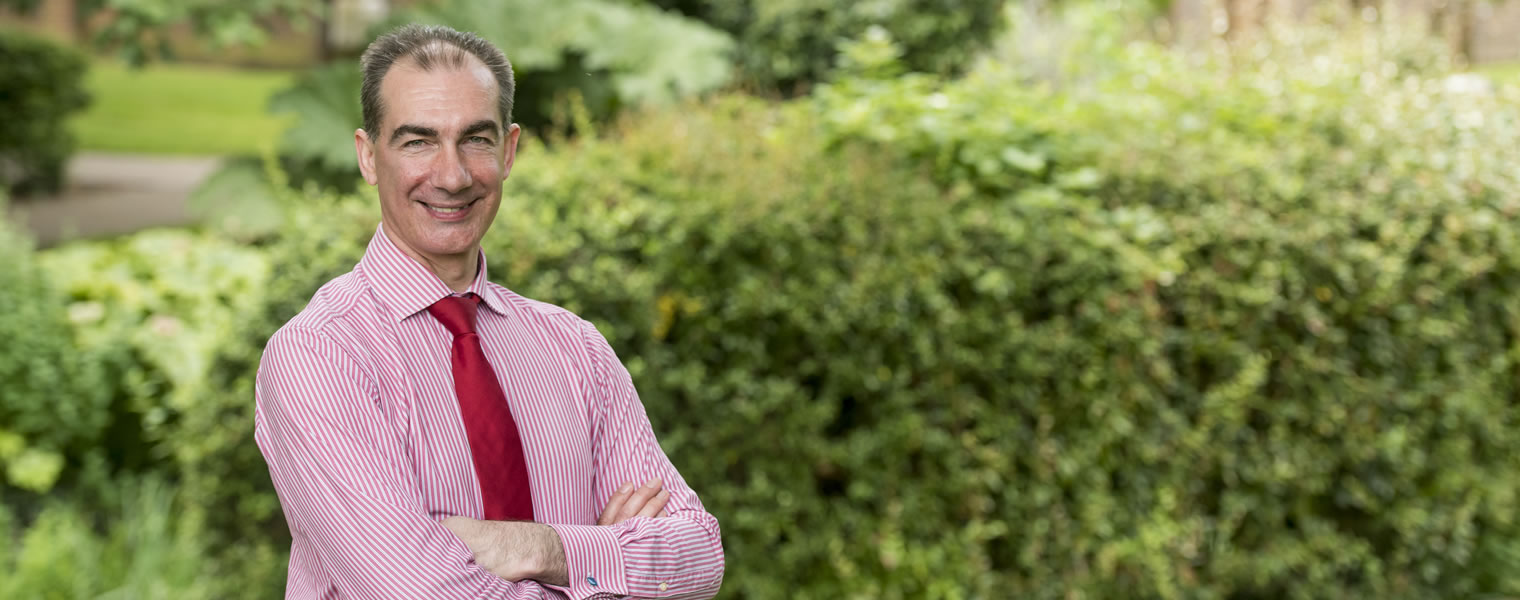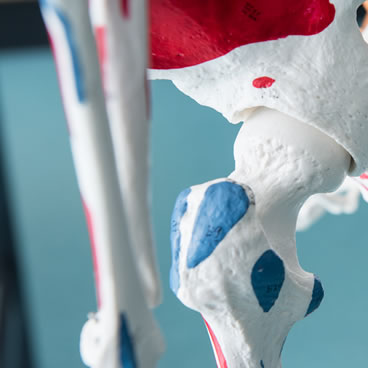Hartley News Online Your alumni and supporter magazine
Southampton is celebrating the appointment of three new National Teaching Fellows; two of whom are alumni of the University themselves. Southampton Connects looks at how Dr Judith Holloway (Biology, 1993; PhD 1999) and James Wilson (BSc Nursing Science, 2001; MSc Education, 2008) have been inspiring the next generation through creative and innovative teaching.
Two Southampton alumni are leading the way in high-quality teaching in the very lecture theatres where they once studied, and have been recognised on a national scale after being appointed as National Teaching Fellows.
Judith and James are joined by Professor David Read in receiving the prestigious accolade this year, bringing the total number of National Teaching Fellows at the University to seven.
Dr Judith Holloway, Associate Professor within Medicine
Judith has used her own experiences as a person with allergies to shape the way that the MSc Allergy course is taught. The impact she has had on the course has seen it awarded the World Allergy Organisation Centre of Excellence status for 2014-19, and it is also endorsed by the British Society for Allergy and Clinical Immunology (BSACI) and the European Academy of Allergy and Clinical Immunology (EAACI).
“My lifelong experience as a patient with allergies that affect both mine and my family’s quality of life, has driven my passion to be involved in research and education in allergy,” Judith says. “I give my students the knowledge and skills to enable them to save lives and improve quality of life in thousands of people living with allergy worldwide.”
Judith’s aim is to give her students a focused and dynamic experience, ensuring that all course content is relevant to practice. Teaching complex concepts in familiar and relatable ways, using real-world assessment techniques and placing an importance on mentoring and support, as well as harnessing technology, are just some of the ways Judith has ensured that students will go on to become the next generation of allergy experts.
It is not only her current student cohort who empower Judith to make a difference through teaching. Her own experiences as a student here at Southampton made an impact on her attitude towards education too.
“I loved my time here at Southampton where I studied biology as an undergraduate,” she says. “Studying biology was excellent, with teachers who inspired and gave knowledge and guidance on the broader subject whilst allowing me to start to specialise and explore my own areas of interest.
“The people here are special and have supported me as my career developed, allowing me to spend my working life focusing on my passion, teaching and researching Allergy.”
James Wilson, Lecturer in Mental Health
James places a focus on interactive teaching, using theatre and performance to bring the clinic into the classroom. Using methods such as ‘Forum Theatre’, ‘Clicker Theatre’ and ‘Playback Theatre’, he is giving his students real-world experiences and emotions in a safe space, fully preparing them for their future careers.
His methodologies have been popular with students and fellow staff members alike, and now, as a National Teaching Fellow, he is continuing to shape education in his own lecture theatres and beyond.
“I have created a philosophy of transformative interactivity which produces provocative clinical scenario-based reproductions in theatrical form within the classroom setting,” says James. “They are designed to engage, stimulate and transform the students’ thinking, feelings and behaviour on care issues to create insightful and reflective practitioners.”
James’s work has reached beyond the boundaries of Southampton and, indeed, Higher Education. He has been involved in training fellow educators in the UK, and has collaborated with external partners to create courses and sessions. He has even worked with Mind, the national mental health charity.
James emphasises how his teaching methods ultimately put the patient first: “I believe that in every classroom lies the opportunity to create a learning experience that places students in charge of their own learning but, more importantly, inspires them to ensure that the public is placed at the heart of care.”
His time as a postgraduate student at the University of Southampton taught him not only academic skills, but how to overcome the challenge of juggling full-time employment and achieving academic success. It is this sense of perseverance that has continued to influence his work today.
“Education should be challenging and requires endurance. To overcome this challenge and succeed, you need to personally invest in your own time,” he says.
“The sense of personal achievement is immense and the benefit to the patients under my care received a more insightful and thoughtful practitioner as a result.”





